Milk, bread, butter, and eggs usually make the weekly shopping list. These are staples for a reason, eggs in particular! Whether you use your eggs in a cake batter, scrambled them up for breakfast, boil and chop them up over salads, or swallow them down raw like a bodybuilder, there’s no denying that eggs are an important part of our food lives.
Many people these days get their groceries from places like Costco, that sell them by the bucket, so it seems. There’s also a rising trend in people raising their own chickens, even in the city. (Seriously, urban chickens are a thing. Check it out here.) Either way, you’re bound to end up with extra eggs, especially if you’re considering going the chicken coop route. Luckily, there are a few easy ways to preserves eggs so you can enjoy the cost-effective benefits of buying in bulk, or having your chickens lay eggs in bulk, without fear of wasting precious food.
Egg Basics
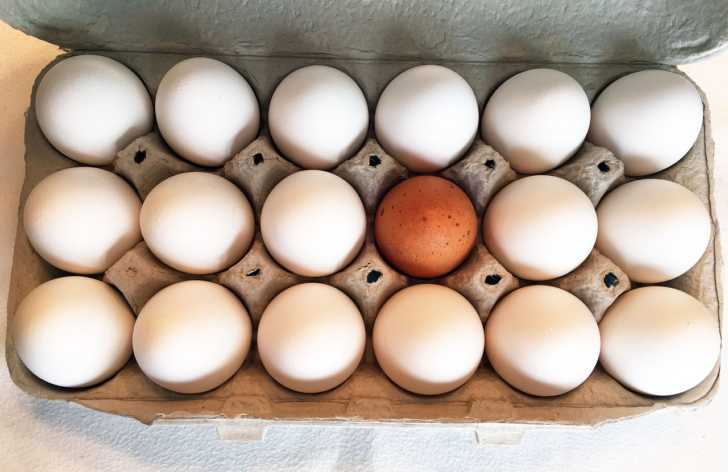
First, let’s discuss the shelf-life of eggs. According to Tips Bulletin, in the United States, the eggshells are washed and sanitized very shortly after being laid to prevent the growth of salmonella. An unfortunate trade-off from washing the eggs is that it damages the natural coating, allowing bacteria to move easily through the shell.
The best practice for storing eggs is to keep them in the back of your fridge to keep them from absorbing odors from other foods. It also protects them from temperature fluctuation when the door opens and closes. Following these instructions, eggs can actually keep for up to a month!
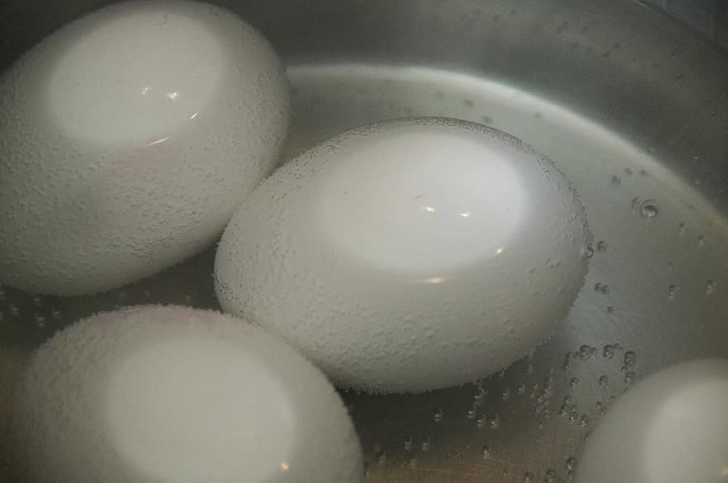
There are a few ways to test the freshness of your eggs if you’re ever in doubt. The simplest, most straightforward way is to sniff the egg. Even through the shell, you’ll be able to tell if the egg inside has gone bad.
Still not convinced? Grab a bowl of water and perform the float test! Fill a bowl with cold water and place the egg inside. If the egg sinks or lays flat on the bottom of the bowl, the egg is good. If it stands on one end or floats, the egg is spoiled. Now that we’ve got the b-egg-sics covered (sorry, I couldn’t resist), let’s find out some ways to preserve eggs!
Ice Cube Eggs
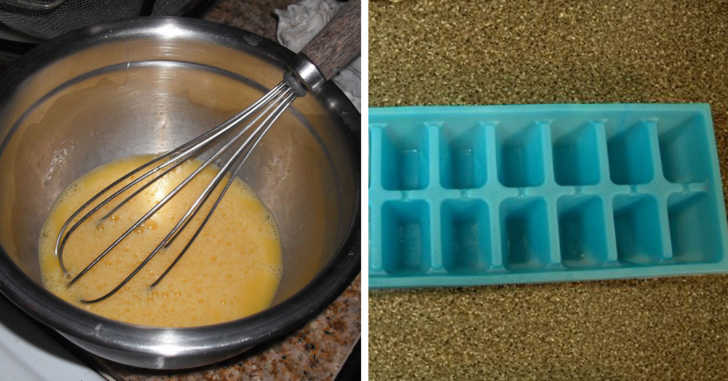
One method for preserving eggs is to freeze them. You don’t want to stick an entire carton of eggs in your freezer, however. Instead, crack a dozen eggs in a bowl and whisk them together. Then, pour the mixture into an ice cube tray with 12 slots. Once the eggs are frozen, wrap each one in plastic wrap and store them in a ziplock bag in the freezer. This will keep eggs fresh for 3-4 months.
The nice thing about this method is that these little ice cube eggs make for a quick, easy breakfast! Each cube should be the equivalent to 1 egg, so all you have to do is pop a few cubes in a skillet and scramble them up for a healthy breakfast!
Frozen Baked Eggs
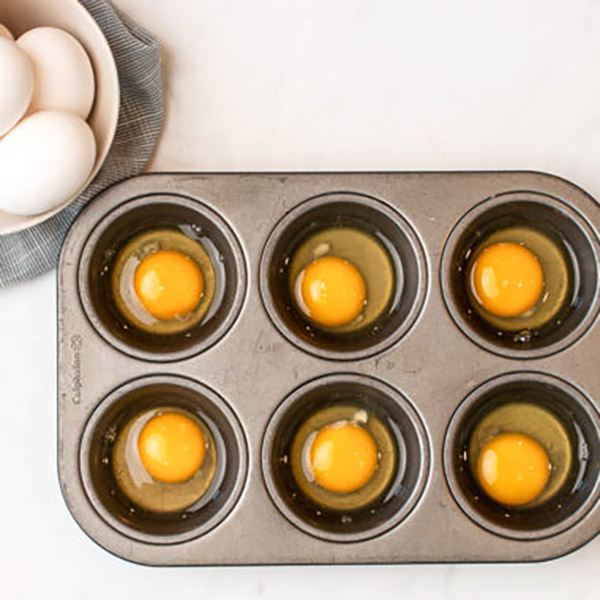
Want your eggs already baked? No worries, this method is for you! Spray a muffin pan with non-stick spray. Crack a single egg into each muffin spot. Use a fork to scramble the eggs and bake at 350℉ for 30 minutes, or until the egg whites are entirely white and no longer runny.
Then, wrap each cooked egg in wax paper and place in the same ziplock bag in the freezer for up to 3 months. When you want a quick boost of protein or a delicious breakfast sandwich, pop the frozen egg patty in the microwave and you’re good to go!
Mineral Oil
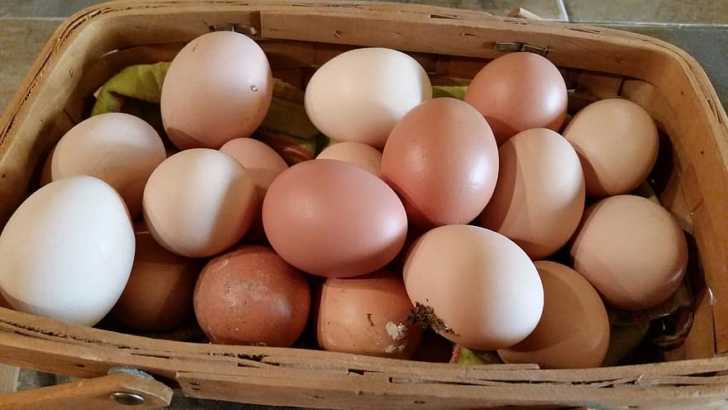
This method should only be used for farm fresh eggs, as store-bought eggs have already had a majority of their natural protective layer washed away. If you’re lucky enough to belong to a co-op or raise your own chickens, however, this will surely come in handy!
Simply rub food-grade mineral oil over the shells of the eggs and store them fat-end up in a carton. Keep the carton in a cool, dry place. Farm fresh eggs can last up to 9 months when stored this way!













